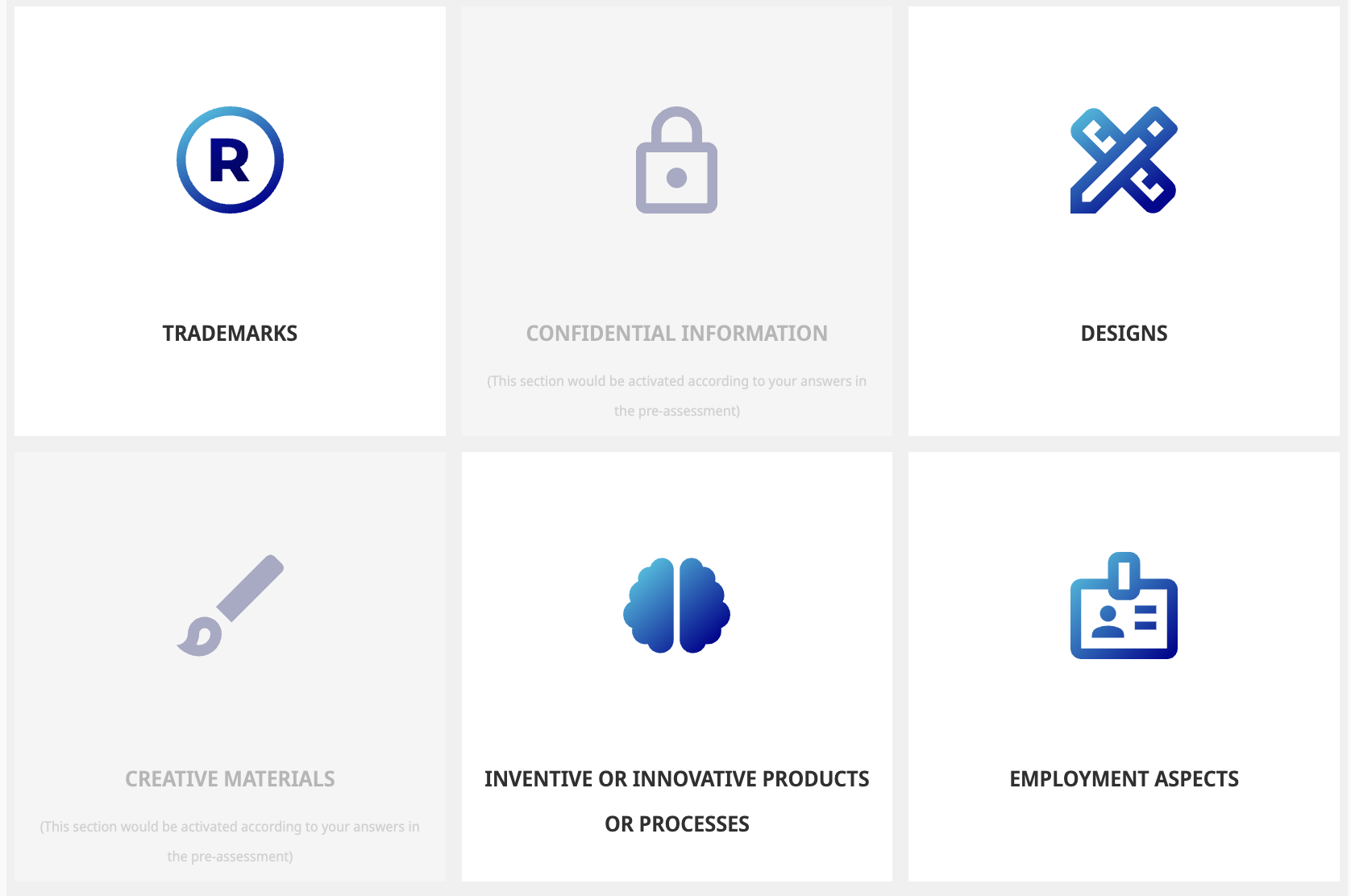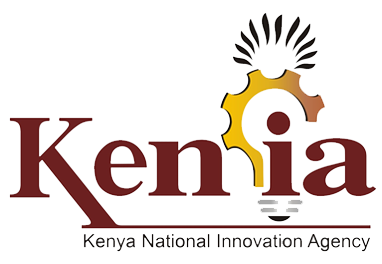
Running research to commercialized (R2C) programs in universities and research institutions is becoming increasingly important. Such programs have the potential to transform research findings into practical solutions that can address societal needs and generate income for institutions and researchers. However, running successful R2C programs requires specific skills and strategies.
We recently had our first ToT program, where we had a week of training to equip participants with the necessary skills to run successful R2C programs in their institutions. The cohort participants were drawn from different institutions and backgrounds.
The training program was action-oriented, consisting of training sessions, fireside chats, and group activities. During the training, the participants were taken through a series of topics, including:
Content walk-through for training weeks 1, 2, and 3: This was to equip the trainers with a summary of the session that is in the R2C program. This includes topics such as legal, strategy, commercialization strategies, and forming strategic partnerships, among others. The trainers gave descriptive and detailed information on the content's objectives.
Critical success factors for running a technology transfer office (TTO): Given that most institutions have recently set up the TTO and need more clarity in running the TTO office successfully, this session was crafted to enable institutions to gain the technical know-how of running a TTO successfully. The session focused on the mandate and objectives of the TTO, skilling the TTO, and the placement of the TTO within the institutions. Lastly, the session also focused on the key deliverables and key activities for a TTO.
Mindset shift required for successful R2C programs: There is a need for cultural shift that enables and celebrates commercialization. This session focused on demonstrative strategies to shift from a fixed to a growth mindset. Specifically, a mindset shift for the institution's personnel to not only think of their research as useful for publications but focus mainly on commercializing their innovations to seamlessly penetrate the market by responding to societal pain points and generating revenue.
Monitoring and evaluation of R2C programs: To ensure the program is achieving its goals, it is essential to track and measure the success of the R2C program. This can include metrics such as the number of successful commercialization ventures, funding raised, patents filed, and jobs created. Successful R2C programs require a collaborative approach that involves engaging with researchers, creating a network of experts, facilitating partnerships, providing training and support, and measuring success. By following these key principles, R2C programs can help bring cutting-edge research to the marketplace, benefiting both researchers and society.
The value of Gender Equality and Social Inclusion (GESI) lens: This session discusses/discussed Gender Equality and Social Inclusion within the Research to Commercialization context. The focus is to guide the ToT on addressing the internal and external aspects of GESI.
GESI is about intentional inclusion, engagement, and empowerment of excluded groups. Within teams, this often happens where team voices and views are not heard, or their needs are considered. Externally the product goal needs to determine that it is accessible to excluded groups and considers their views and needs. Overall, interventions with a strong GESI lens are equitable and sustainable. They promote resilient and cohesive communities.
How to market their R2C programs by leveraging social media: Understanding marketing fundamentals and concepts, such as market research, target audience, value proposition, competitive analysis, and customer segmentation. Learn how to create a social media strategy that aligns with your marketing goals; this involves identifying the right social media channels for your innovation and creating engaging content. Learn how to track and measure the impact of your marketing efforts on social media and staying up to date with the latest trends and best practices.
How to pitch and evaluate pitches in practical sessions: Pitching is an essential aspect of any program, as it involves presenting innovations to stakeholders clearly and concisely. In practical sessions, some researchers from the programme got to pitch their innovations to the trainees. They learnt what to look out for in pitches and how to evaluate pitches.
Most participants indicated that R2C programs were part of their institutions' strategy. In contrast, a few stated there was a discussion to run similar programs, but these were outside their institutions' strategy. Some of the support areas identified were networking opportunities to seek relevant partners who could support their R2C projects, commercial and technical support and financial support to meet the infrastructure needs, such as equipment and incubation rooms required to run R2C programs in their institutions.
We look forward to these participants setting up and running successful R2C programmes in their institutions.
Written by Janet Mukami, ViKtoria Ventures
WIPO IP Diagnostic Tool
WIPO IP Diagnostics is a free, intellectual property (IP) self-assessment tool that helps businesses identify their IP assets.
After you complete a section, a report that gives you recommendations and further information on IP and business competitiveness will be generated.

